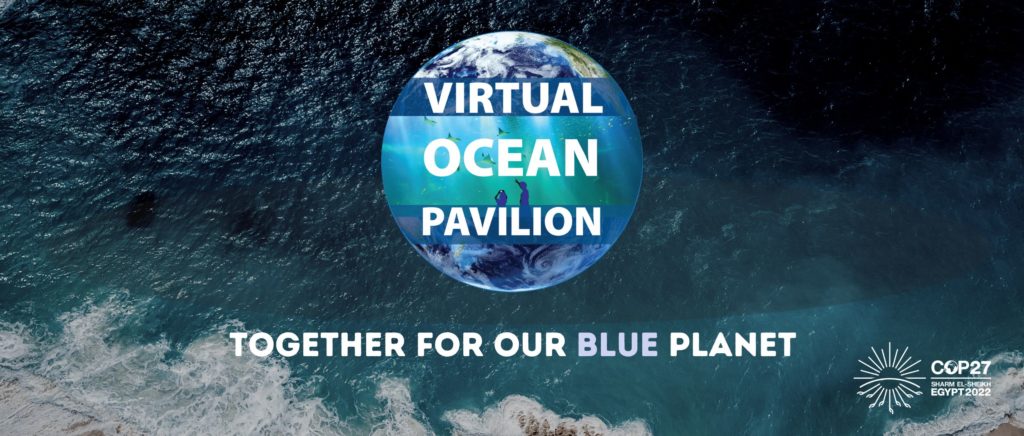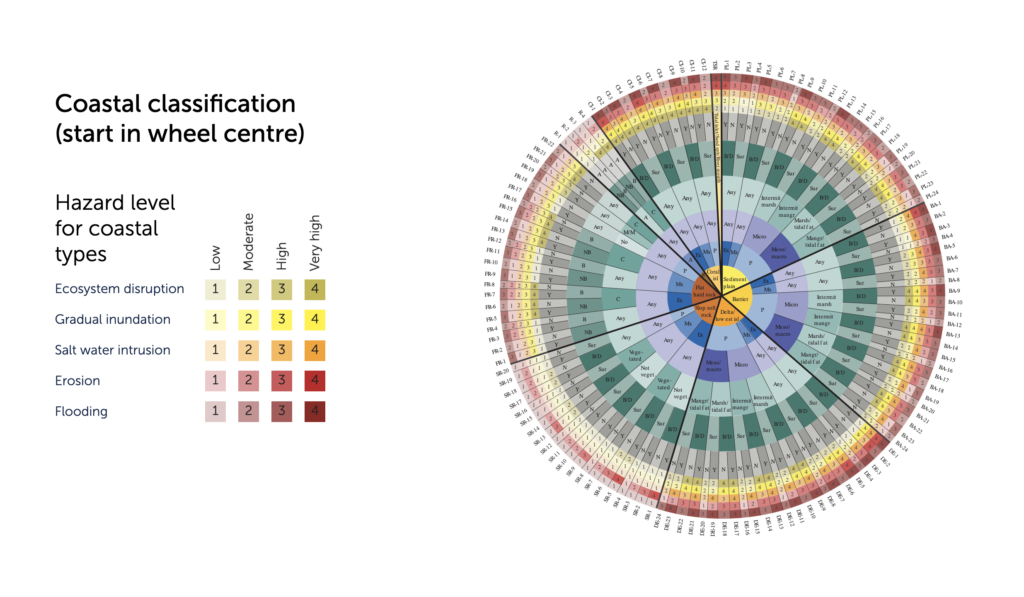
The global ocean challenges are taking center stage at COP27. The challenges and solutions will be high on the agenda at UN hosted side events showcasing the best in climate data and findings from recent research, including Fathom’s terrain data – FABDEM
Having failed to limit global carbon emissions over the last decade, one of the critical items on this year’s COP27 agenda is a call for a greater focus and effort towards climate adaptation and resilience
Small Island Developing States (SIDS) are some of the lowest contributors to global warming, yet are among the most impacted countries by the damaging impacts of climate change. Their population totals 65 million, a little under 1% of the world’s population and includes countries in the Caribbean, Pacific, Atlantic, Indian Ocean and South China Sea.
Under the tagline ‘Together for implementation’, this year’s conference is an opportunity to take stock of the latest science around climate and to develop programmes that will generate resolutions for global adaptation.
To help address climate change impacts and foster adaptation in coastal areas and ocean economies in SIDS, the United Nations is leading a global initiative to generate climate data and information for SIDS through a series of studies that will be presented at the COP27 Virtual Ocean Pavilion (vfairs.com) and the Food and Agriculture Pavilion – Putting agri-food systems at the heart of the agenda of COP-27 (cgiar.org).
These hybrid pavilions are both online and taking centre stage at the COP in Sharm El-Sheikh and are dedicated to address ocean and food challenges and solutions in the climate negotiations and highlight their importance to life and society on our planet. They aim to increase knowledge, commitment and action for the ocean-climate nexus at the UN Climate Conference (COP27).
Studies presented will cover an array of topics ranging from identifying opportunities across SIDS for nature-based solutions; multi-hazard assessments of coastal areas; climate vulnerability and capacity assessments with a focus on coastal communities; and adequacy of social protection programmes and early warning systems to enhance climate action in SIDS.
These side events will launch new climate data and findings from these studies and gather a wide range of stakeholders to discuss responses and opportunities to address climate vulnerabilities of fisheries, aquaculture and other ocean economies in SIDS.
This includes talks by Lars Rosendahl Appelquist, Founding Head of Coastal Hazard Wheel initiative that provides the first detailed classification, hazard mapping and climate change adaptation guidance for the world’s coastlines that aims to improve climate action and coastal resilience from local to global level. Amongst other data shared, they will present results on how Fathom’s terrain data, FABDEM, has enabled them to more effectively understand the coastal terrain within their model.

In the sessions titled ‘Spotlight on Coastal Areas in Small Island Developing States: From Vulnerability to Resilience’ and ‘Assessing climate risks and opportunities in SIDS coasts, communities and ecosystems’ the talks will critically examine the impact of climate change in Small Island Developing States (SIDS) and discuss climate solutions for coastal areas and ocean economies in SIDS.
Hosted virtually, the sessions will be broadcasted live and on-demand through the COP27 Virtual Ocean Pavilion website.
The data and results presented in the talks will make use of FABDEM and how the terrain data will continue to be used in the efforts ahead to guide and support the SIDS and vulnerable coastal countries in tackling the challenges of climate change.
If you want to learn more about the United Nation’s Food and Agricultural Organization’s SIDS initiative, you can do so https://www.fao.org/sids-solutions. Or, learn more about how else Fathom is involved in COP27 here.